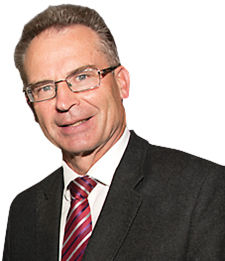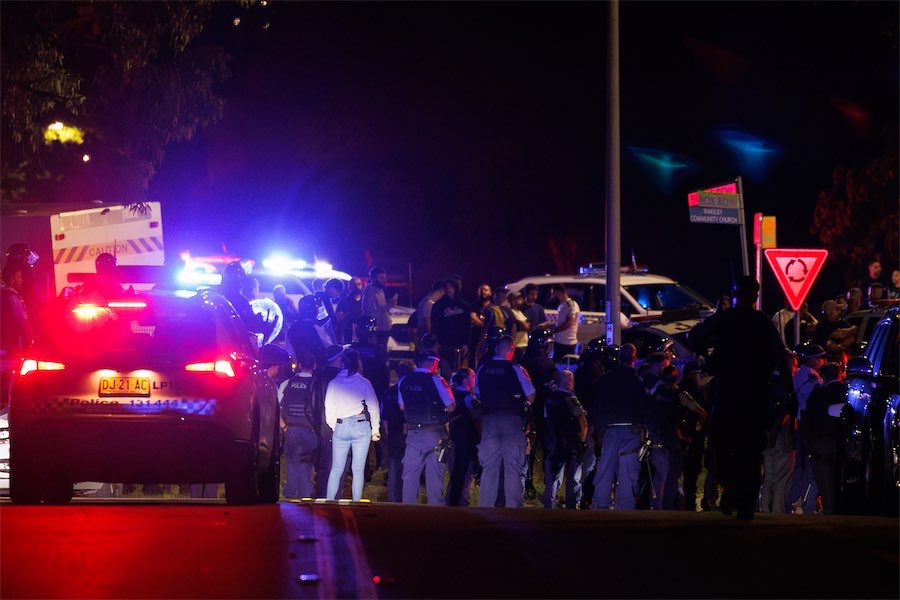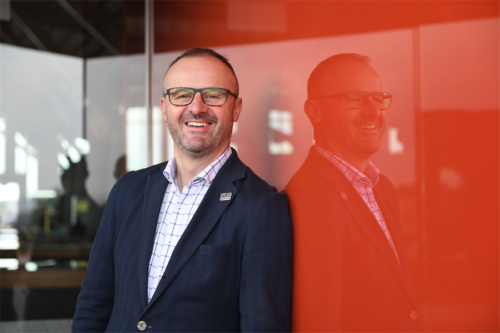“Seven years on and asylum seekers taken by Australia to Manus Island and Nauru and dumped there following the Labor government’s announcement are still there and are still in detention,” writes columnist JON STANHOPE.
WHAT were you doing on July 19, 2013? Remember anything about that day? That it was a Friday?

I can remember where I was. I was on Christmas Island. I can also remember watching then-prime minister Kevin Rudd on television announcing that, from that day, every asylum seeker arriving in Australia by sea would be subject to indefinite, mandatory offshore detention.
Rudd reinforced his message with the words: “Asylum seekers who come here by boat without a visa will never be settled in Australia.”
I also recall that in announcing the implementation of this draconian new ALP policy Rudd was loyally supported by deputy prime minister Anthony Albanese.
Seven years later asylum seekers taken by Australia to Manus Island and Nauru and dumped there following the Labor government’s announcement are still there and are still in detention.
I understand that there are 189 asylum seekers still in PNG, 187 on Nauru and, following passage of the medivac legislation, roughly 200 in detention in Australia, mostly in lock down in the Kangaroo Point Central Hotel in Brisbane and the Mantra Hotel in Melbourne.
There are also about 1020 asylum seekers in community detention across Australia.
One of the consequences of coronavirus has been the compulsory 14-day quarantining of people who are either infected or may have come into contact with an infected person.
The media has reported many people found this and the trauma they experienced in being isolated for two weeks as unbearable.
Imagine for a moment what it must be like to have been locked up by the Australian government for seven years for what, at the end of the day, is a purely political purpose.
Imagine that it was you who fled your country in fear for your life and arrived in Australia by boat on July 19, 2013 or thereabouts, sought to exercise a legal right, under international law, to protection and to be recognised as a refugee.
Imagine that you were, say, 21 years old at the time and that you left behind your family, including elderly grandparents and a pregnant wife and were part way through a university degree.
Imagine having formally applied for asylum in Australia, that you were peremptorily deported to indefinite detention in a hell hole in a third-world country and have been detained there for seven long unrelenting and continuing years.
Now try, if you can, to imagine the emotional and mental torture you will have endured during those seven years and the hole it will have left in your life.
This may very well have included the birth of your child, who is now seven years old and whom you have never met; the death of your grandparents whose funerals you could not attend; a request from your wife for a divorce because she can no longer bear the pain and the loneliness or the lack of financial security; the loss of a dreamed about career and the onset of a debilitating mental illness.
Imagine, too, not being able to recite adhan (the first words that a child must hear) in your newborn child’s ear; imagine missing aqeeqa, a ceremony as important to a Muslim as christening is to a Catholic parent.
Perhaps, rather than seek to simply imagine these things why not listen to what they have to say about the way we have treated them?
A colleague and friend of mine, Dr Kirrily Jordan, an academic at the ANU, is in regular touch with asylum seekers still imprisoned by us offshore and in Australia. Last week she asked two of them to try and describe the impact and the personal loss of their seven years in detention.
This is some of what they said:
YG: We have lost a sense of meaning in our lives, we’re just breathing. The system keeps pushing us to go back to our homelands even though they know we can’t go back.
Imagine seven years – you can never think of one thing that might change for you. You’re surrounded completely by a cage and it just goes on and on like this. And it’s the same intense pain that you are still here and you can’t see any way out.
Moz Azimitabar: (Moz can be followed @AzimiMoz). We have been away from our families for seven years. We have lost our families for seven years. We’ve been tortured for seven years.
We are people seeking safety and hope. We haven’t committed any crime. We sought help from Australia because we were in danger. We left our countries because we were in danger. But the Australian government imprisoned us and transferred us by force to PNG.
After lots of torture, last year we were transferred back to Australia for treatment, but instead of treatment the Australian government is punishing us and we haven’t received any proper medication yet and now they are trying to pass a Bill in order to take our phones. I tell you our lives depend on this time we can talk to our family and friends.
Anyone up for a quick rendition of Advance Australia Fair?
Jon Stanhope was chief minister from 2001 to 2011 and represented Ginninderra for the Labor Party from 1998. He is the only chief minister to have governed with a majority in the Assembly.
Who can be trusted?
In a world of spin and confusion, there’s never been a more important time to support independent journalism in Canberra.
If you trust our work online and want to enforce the power of independent voices, I invite you to make a small contribution.
Every dollar of support is invested back into our journalism to help keep citynews.com.au strong and free.
Thank you,
Ian Meikle, editor




Leave a Reply